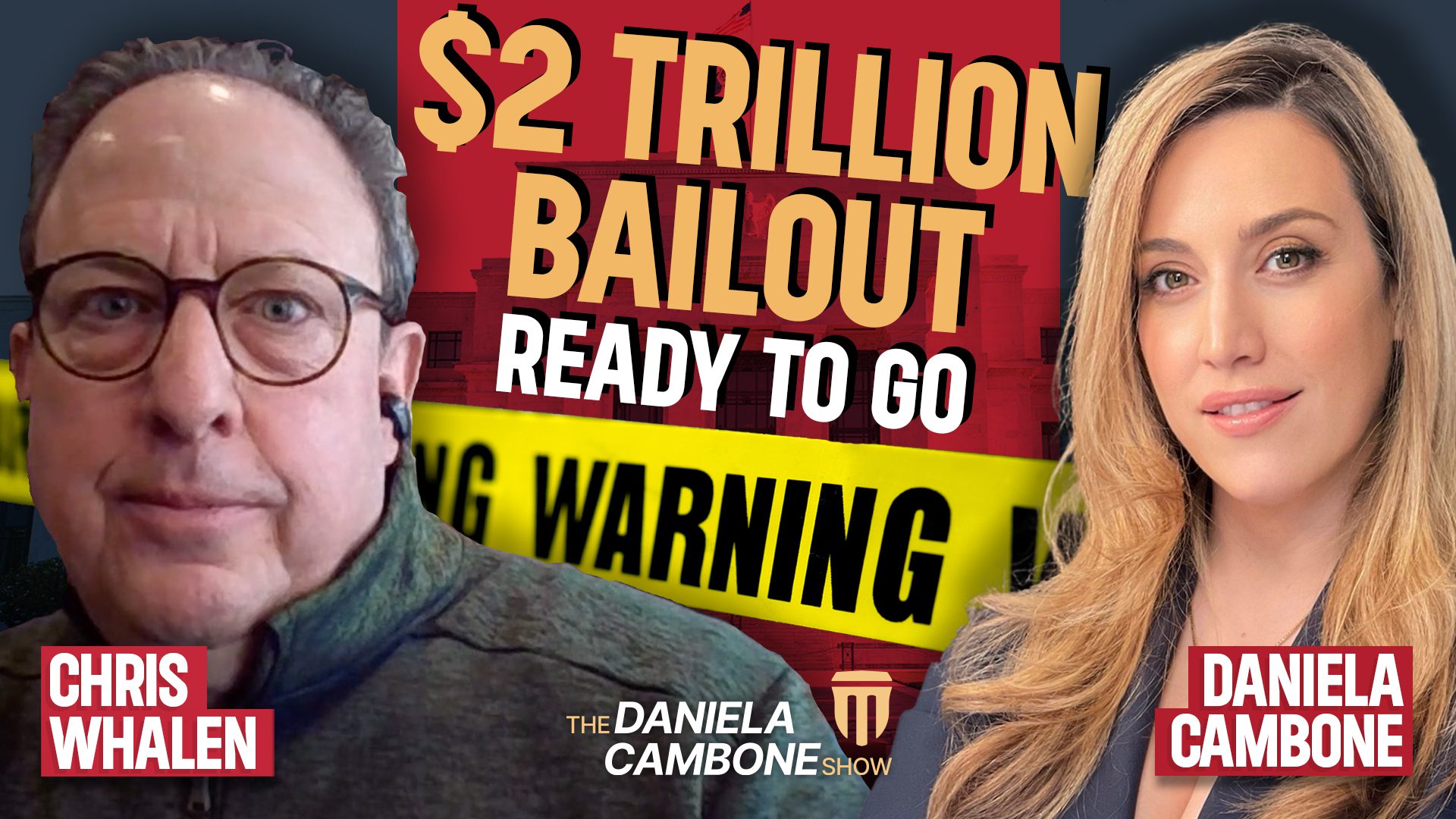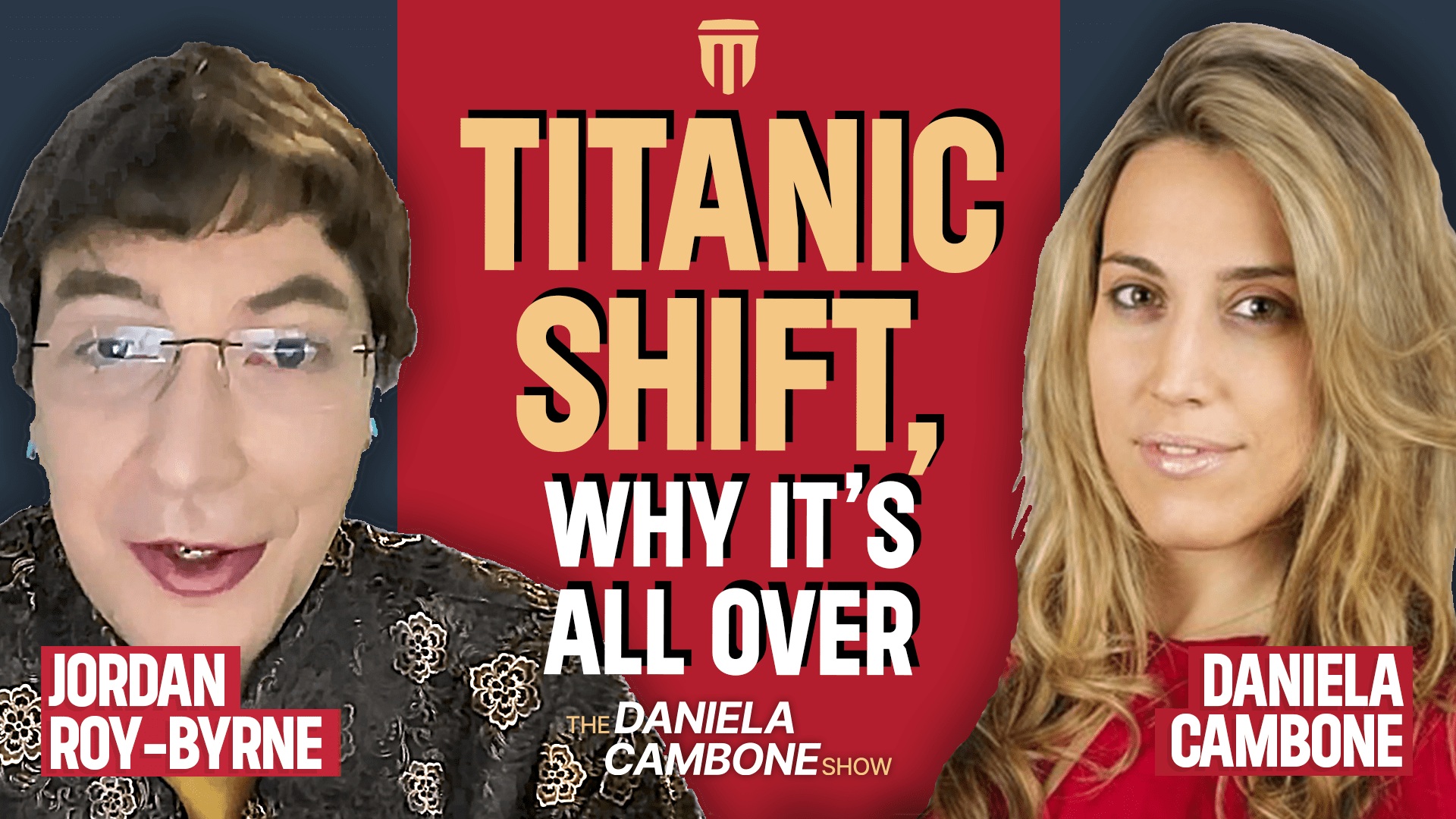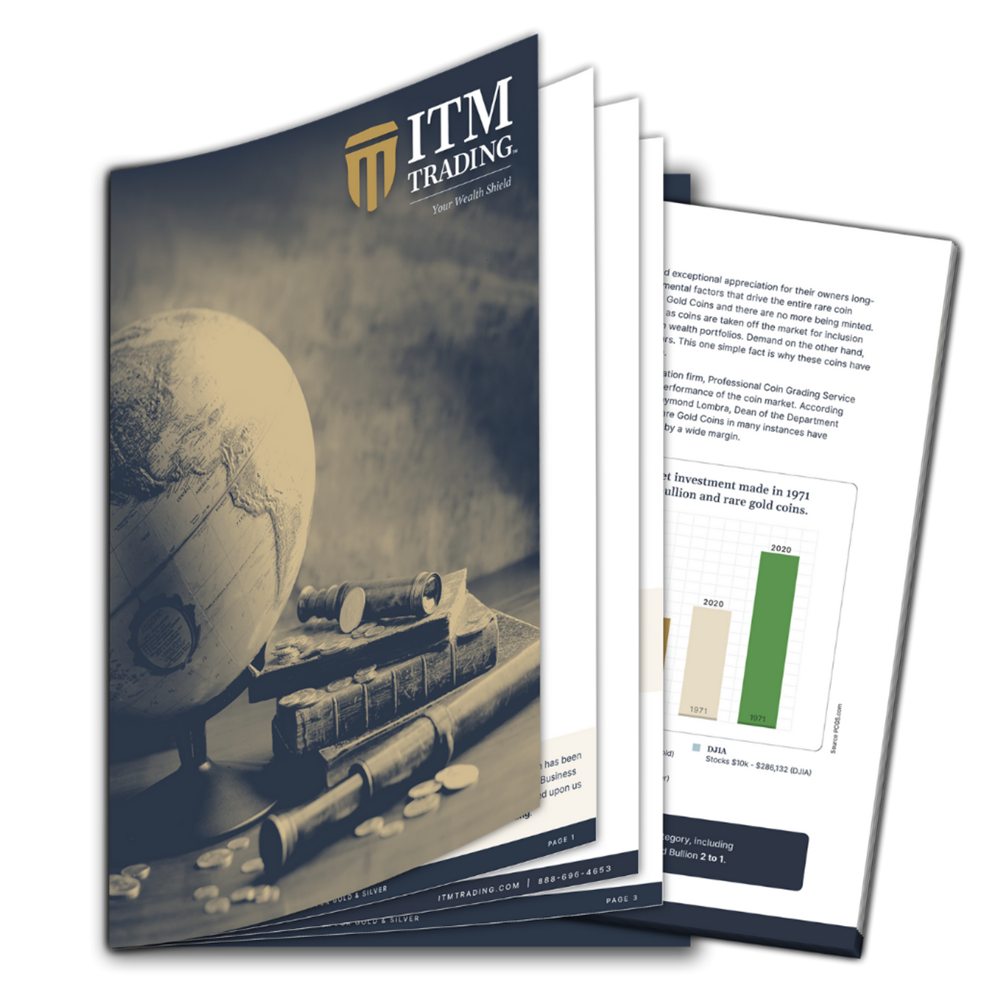Federal Reserve Vote for Second Round of Quantitative Easing

If you presently own gold there is good news most likely for you. The reason is another round of Quantitative Easing is on its way. Quantitative easing (QE) is another way of saying the Federal Government is printing more money. In most cases, the beneficiaries of quantitative easing are gold prices. If you hold wealth in the dollar this is not good news for you. On August 31st the Federal Reserve voted overwhelmingly at 9 to 1 to buy more Federal debt from the profit generated from mortgage backed bonds.
After the announcement, gold prices had risen another .32% to $1,206.50 per ounce, plus silver prices also rose by .51%.
Many experts had an idea that after the Federal Reserve meeting that they would announce more quantitative easing. One thing that isn’t quite clear is the total amount of debt that will be bought. The only announcement was the buying of long term Treasury notes.
The initial round of QE in 2010 was in March when the Feds purchased $1.25 trillion worth of mortgage backed securities, plus even more with $200 billion debt created by Fannie Mae and Freddie Mac.
With some of the debt paid off, the Federal Reserve decides to buy Treasury notes instead of holding on to the principal.
One voice that didn’t think that the second round of QE would be a good idea was Thomas Hoening. Hoening is the president of the Federal Reserve Bank of Kansas City who was the only member of the Federal Open market Committee to vote no in the 9 to 1 vote.
"Given economic and financial conditions, Mr. Hoening did not believe that keeping constant the size of the Federal Reserve’s holdings of longer term securities at their current level was required to support a return to the committee’s policy objectives," statement from the Federal Reserve.
The concern that many economists have now is that the new round of QE will develop a real threat of inflation. The question is the cost to the economy with inflation worth adding more liquidity into the economy. Typically when the Federal Reserve adds more money to increase liquidity the cost is a devaluation of the US dollar. As the price of gold is often tied to the value of the dollar, what is bad for the dollar is usually good for the price of gold.
Precious metals like gold and silver are considered a safe haven asset as the projections on the price are typically positive through history during times of inflation and devaluation of the dollar.
One major key to the impact that the round of QE will have on gold prices will consist to the extent of how much money is added to hopefully create more liquidity.
ITM Trading offers a free gold information kit to offer more information for those who want to understand the benefits of owning physical gold as a hedge against inflation. You can also talk directly with an account executive directly by calling (888) OWN-GOLD.














